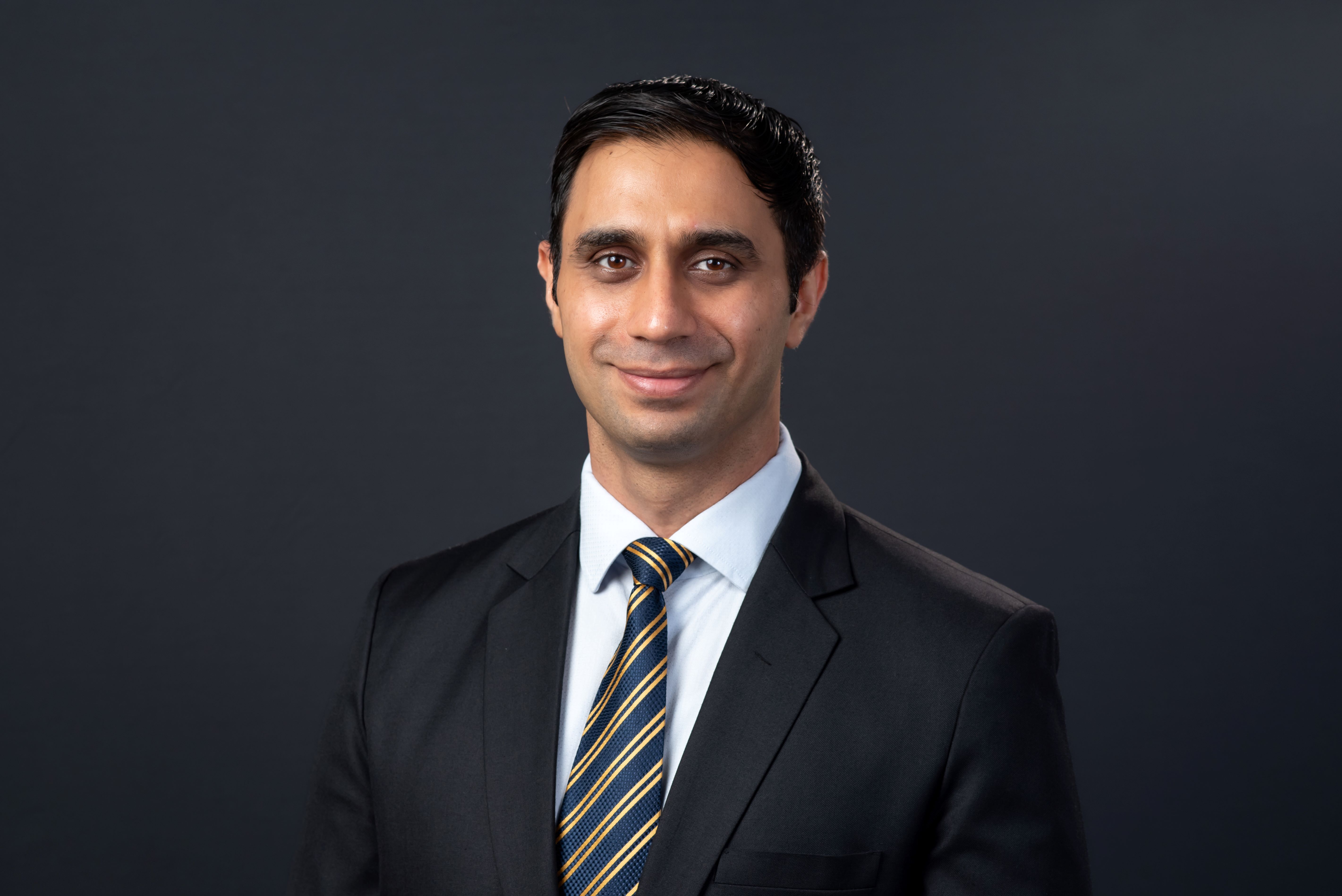Summary
Everyone tells you how to find the next big opportunity. But no one tells you the real secret to protecting your wealth: learning when to say no. In money matters, “yes” is easy, but costly. Find out why the most profitable investors master the art of refusal.
Dear Young Investor,
I hope this letter finds you well.
As I sat down to write this letter, I found myself wondering, “After already sharing some of the most important ideas to think about at the start of the someone’s investing journey, what’s left to say?”
Then it struck me. There’s one lesson I haven’t spoken about yet, even though it’s among the most valuable I’ve learned about money.
Fortunately for me, this lesson didn’t come from my own mistakes, but from watching people I know. People in my distant family and even some close friends, who get pulled into trouble simply because they couldn’t say… “No!”
I remember my cousin at a family gathering a few years ago. He’s a smart man and runs his own business. That evening, over tea and snacks, he started telling me about a “safe” high-return scheme that a friend of his had introduced him to. The way he described it, it sounded like the kind of thing you’d regret not jumping into. It had guaranteed returns, zero risk, and was run by “trusted” people. His eyes lit up as he spoke.
I kept quiet. I knew my advice might not land well. Also because I could sense his mind was already made up. He wasn’t sharing the idea to seek feedback, but was sharing it to justify his decision. A few months later, the scheme collapsed. His money was gone, and with it, some of his trust in people.
That wasn’t the first time I’d seen it happen. Over the years, I’ve watched many people in my extended family and social circle say yes far too quickly to all sorts of financial offers. A relative investing in an overpriced property because “everyone else in the colony is buying there.” A friend rushing into a stock tip from his gym buddy. An uncle switching his insurance policy because an agent (his brother-in-law’s friend) promised “better returns.” Each time, the story began with excitement and ended with regret.
Working in the financial research industry has insulated me from making those same mistakes. I’ve trained myself to ask uncomfortable questions and dig until I find the real risks.
But outside this world, I’ve seen how rare it is for people to simply say no. In money matters, yes is the easier word. It feels polite and open-minded. No feels closed, sceptical, and often rude. And so, people nod along, agree to think about it, or worse, commit on the spot, without running the idea through any real filter.
Since you are just starting out, take this as a warning: the financial world thrives on you saying yes. Brokers, agents, and product sellers all benefit from your action. The more you buy, switch, trade, and “try out” new opportunities, the more someone else earns a commission or fee. That’s why your “no” muscle is so important. It’s your main defense against being pulled into decisions that don’t serve your goals.
Now, building this muscle doesn’t mean you become cynical or dismissive of every idea. It means you develop a clear filter for what’s worth your time, attention, and capital.
Most advice you hear, whether it’s from a neighbor, a business news anchor, or a financial influencer, is not tailored to you. It’s generic at best and self-serving at worst. The person giving it may not even be acting in bad faith; they may genuinely believe in what they’re saying. But belief and suitability are two very different things.
I’ve found that the simplest way to strengthen your “no” muscle is to slow the decision-making process. Instead of reacting with “That sounds good,” start by asking: How exactly will this work for me? What’s the downside if it fails? How is the person recommending it making money? If you don’t get clear and confident answers, the safest choice is to walk away.
The same principle applies when choosing a financial advisor. Many people say yes to the first advisor who sounds reassuring or uses the right jargon. But managing your money is like surgery. You wouldn’t pick a surgeon just because they have a nice smile or a smooth pitch. A trustworthy advisor should spend more time explaining what not to do than what to do. They should be paid in a way that aligns with your interests, not in a way that rewards them for keeping your money constantly in motion.
Over the years, I’ve realised that every yes is a commitment of two scarce resources. One is your money and, the other, your attention. If you scatter them across every “opportunity” that comes your way, you dilute the power of both. And ironically, most of the wealth I’ve seen people build, both in my own career and in the lives of disciplined investors, has come not from the yeses they gave, but from the nos they stuck to.
The world of investing will never run out of things for you to say yes to. There will always be a hot new product, a booming sector, a “limited-time” offer, or a story that makes you wonder if you’re missing out. But if you can make peace with the idea that you will miss out on some opportunities, and that this is not the same as failing, you’ll keep yourself available for the rare, truly worthwhile ones.
In the end, it will really serve you well to remember that your long-term financial success won’t just be shaped by the smart moves you make but will be protected by the poor decisions you avoid.
Understand that saying no isn’t a rejection of opportunity. It’s a preservation of your future capacity to say yes when it truly matters.
So, when the next “hot investment idea” comes your way, pause. Run it through your filter. And if your gut says it’s not for you, don’t feel guilty to say, “No!”
It’s one of the most profitable words you’ll ever learn to use.
Sincerely,
Vishal
This article is authored by Vishal Khandelwal of safalniveshak.com, an initiative to teach investors how to make simple and wise investment decisions.
Industry insights you wouldn't want to miss out on.
Written by
Disclaimer
This is an investor education and awareness initiative by DSP Mutual Fund. All Mutual fund investors have to go through a one time KYC (Know Your Customer) process. Investors should deal only with Registered Mutual Funds (‘RMF’). For more info on KYC, RMF and procedure to lodge/ redress any complaints visit dspim.com/IEID. For SMART Online Dispute Resolution portal, visit link https://smartodr.in/login
All content on this blog is the intellectual property of DSPAMC. The User of this Site may download materials, data etc. displayed on the Site for non-commercial or personal use only. Usage of or reference to the content of this page requires proper credit and citation, including linking back to the original post. Unauthorized copying or reproducing content without attribution may result in legal action. The User undertakes to comply and be bound by all applicable laws and statutory requirements in India.
Mutual Fund investments are subject to market risks, read all scheme related documents carefully.
 Account Statement
Account Statement  Capital Gain Statement
Capital Gain Statement  Key Information Memorandum
Key Information Memorandum  PAN Updation
PAN Updation  Register / Modify KYC Online
Register / Modify KYC Online  Nominee Registration
Nominee Registration  Email / Phone Updation
Email / Phone Updation  OTM / eNACH Registration
OTM / eNACH Registration  Guidelines for Incapacitated Investors
Guidelines for Incapacitated Investors  FAQs
FAQs Reach us
Reach us




















Write a comment